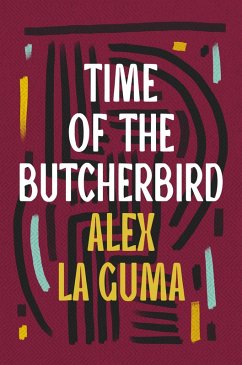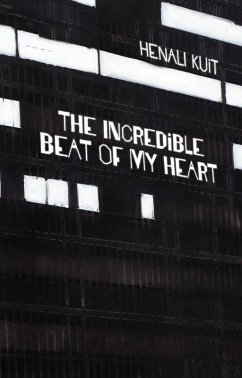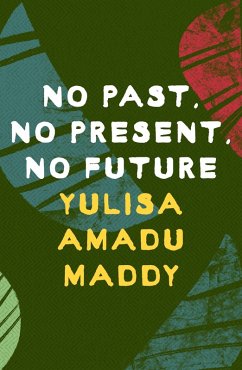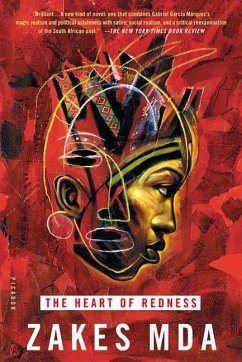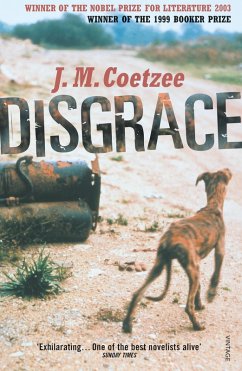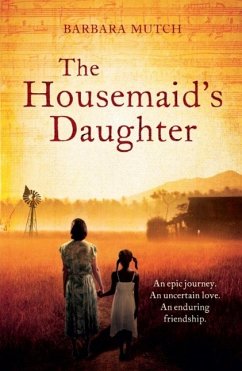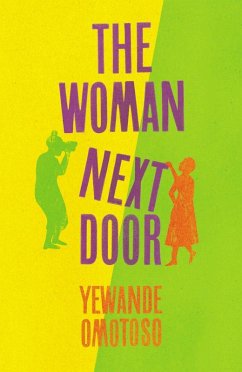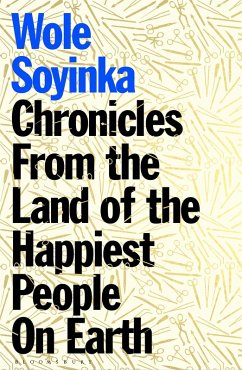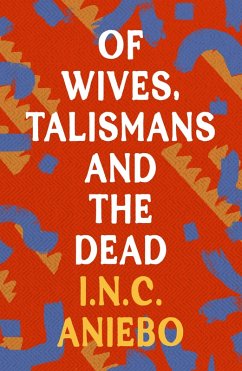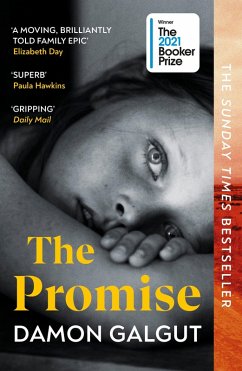
A Walk in the Night (eBook, ePUB)
Versandkostenfrei!
Sofort per Download lieferbar
6,99 €
inkl. MwSt.
Weitere Ausgaben:

PAYBACK Punkte
3 °P sammeln!
In this previously banned collection of seven short stories, Alex La Guma vividly reveals the plight of the poor and oppressed in apartheid South Africa. Characterised by his striking style and colourful dialogue, La Guma's stories explore experiences of racism and social inequality in various settings, from an overcrowded prison to a Portuguese restaurant. In the title story, 'A Walk in the Night', a factory worker loses his job after an argument with a white supervisor. His subsequent descent into helpless rage is played out in rich detail, illuminating the toxic effects of poverty, police b...
In this previously banned collection of seven short stories, Alex La Guma vividly reveals the plight of the poor and oppressed in apartheid South Africa. Characterised by his striking style and colourful dialogue, La Guma's stories explore experiences of racism and social inequality in various settings, from an overcrowded prison to a Portuguese restaurant. In the title story, 'A Walk in the Night', a factory worker loses his job after an argument with a white supervisor. His subsequent descent into helpless rage is played out in rich detail, illuminating the toxic effects of poverty, police brutality, and gang violence. Each story in the collection lays bare the struggles of those living in 1960s South Africa, offering poignant moments of hope and cementing Alex La Guma as one of the most important writers of his time. 'The greatest South African novelist of the 20th century.' The Times 'Achieved in 90 pages what other African writers had tried to achieve in the course of many years.' Wole Soyinka 'A central figure alongside Chinua Achebe.' Ngugi wa Thiong'o




